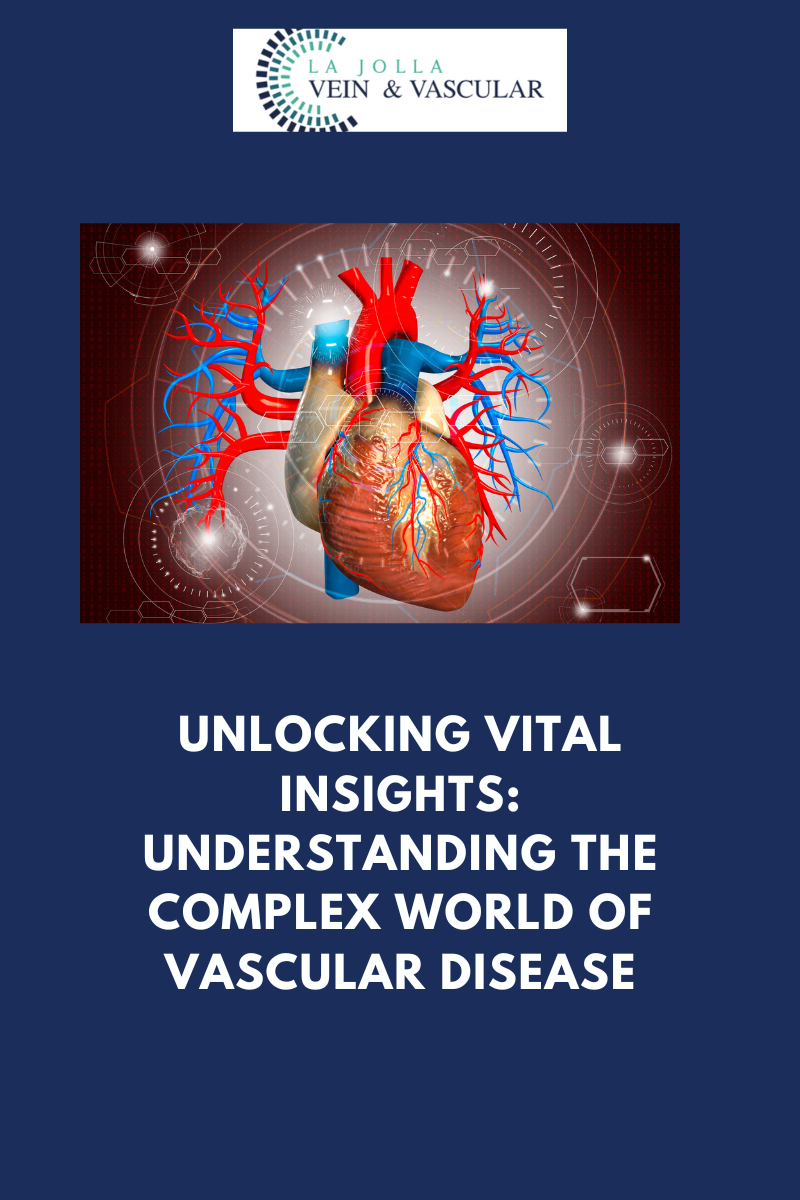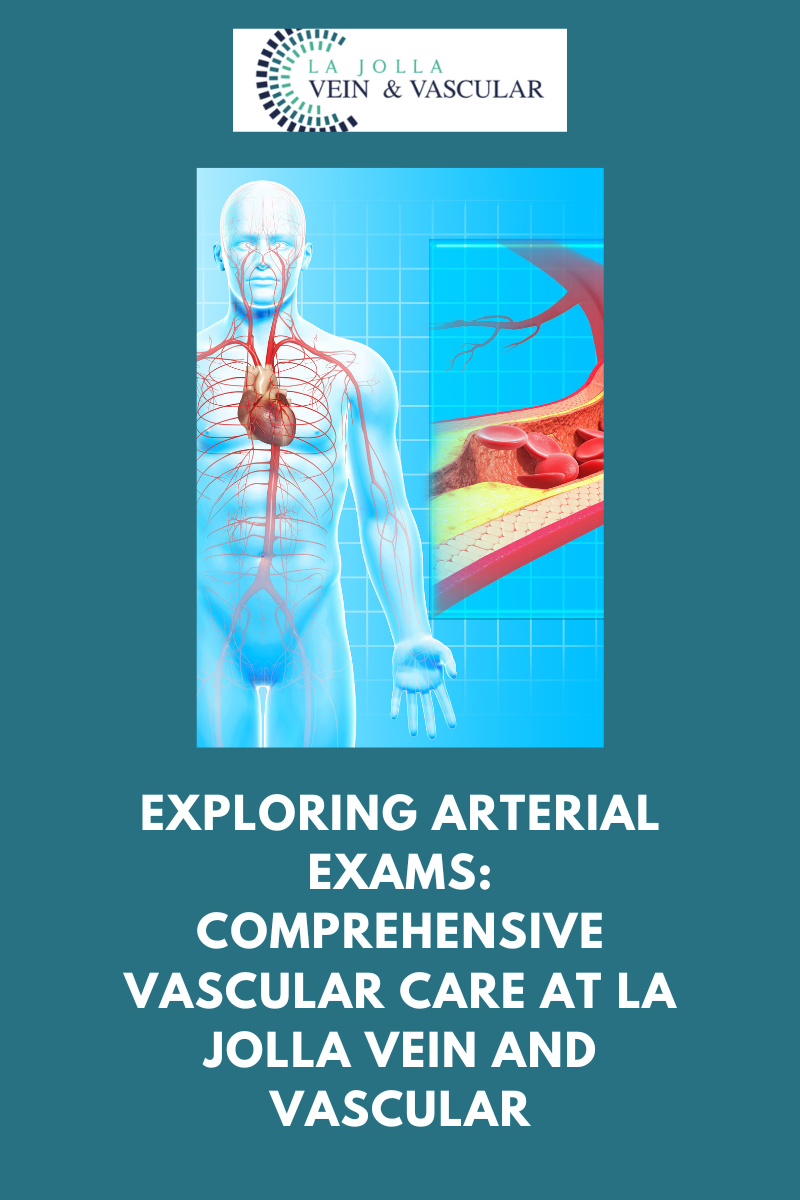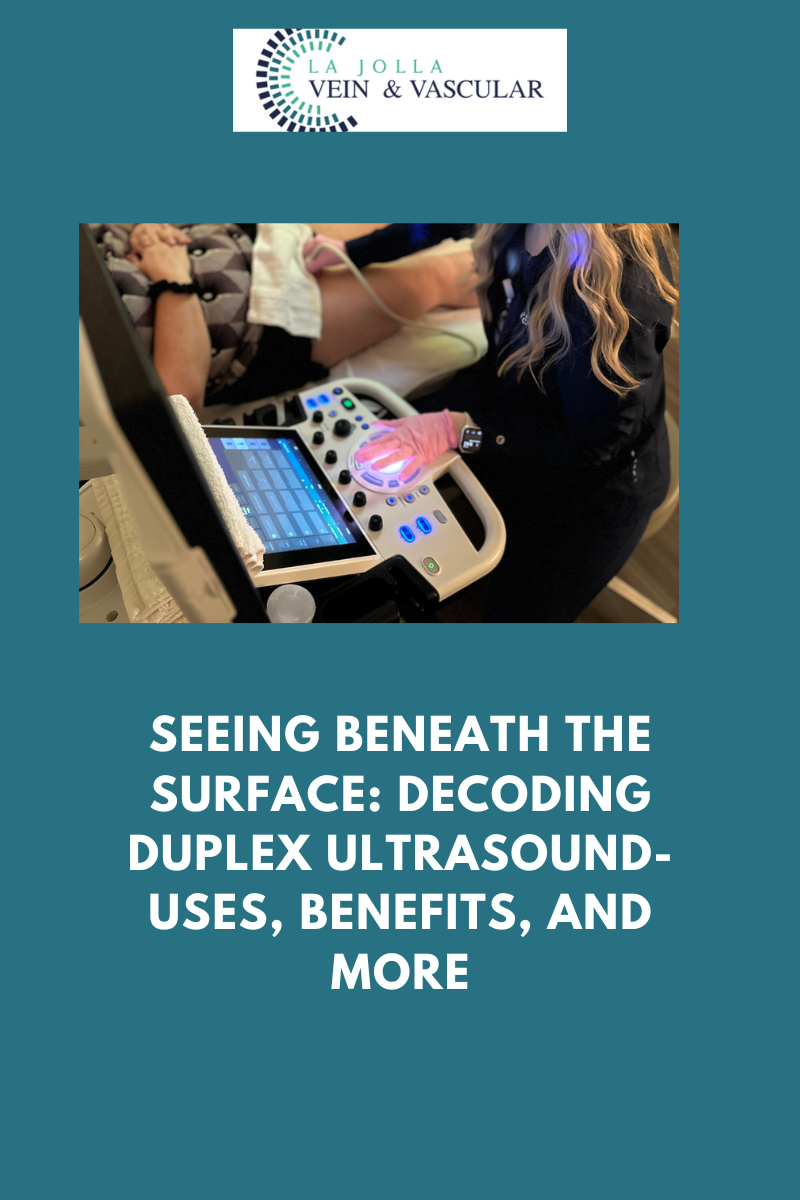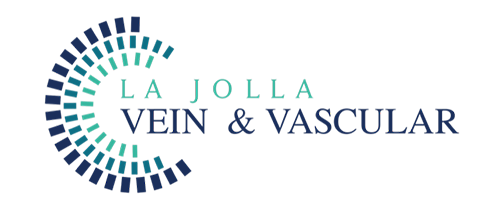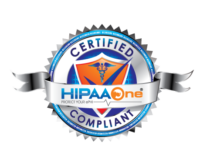4 Arterial Treatments

Peripheral Arterial Disease – Treatment
The treatment for the peripheral arterial disease (PAD) has two main goals. One is to manage the symptoms, including leg pain, allowing you to resume your normal physical activities. The second one is to stop the progression of atherosclerosis in the body, which reduces the risk of stroke and heart attack.
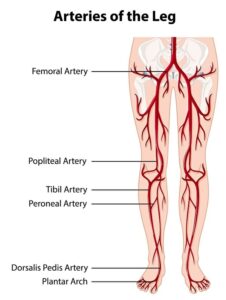
The good news is that through early intervention, you can achieve these goals through lifestyle changes. Quitting smoking is one of the most significant things you can do to stop the progression of Pad. Walking and exercising regularly following supervised exercise training can improve your symptoms. However, if your peripheral artery disease is at an advanced stage, you will need additional medical treatment. Here are some of the standard peripheral artery disease treatment options available.
Atherectomy
A lower extremity atherectomy is a minimally invasive surgical procedure involving a catheter to remove plaque from arteries. The doctor usually makes a small incision in the artery to insert the catheter. The procedure is performed under local anesthesia to prevent pain. A catheter collects removed plaque in a chamber placed at its tip, ensuring that all the particles are removed from the artery. Depending on the amount of plaque in your arteries, your doctor will repeat the procedure several times to ensure optimal blood flow.
Angioplasty
Also called percutaneous transluminal Angioplasty (PTA), Angioplasty is a medical procedure performed using a catheter. A catheter is usually a thin, flexible tube inserted through an artery and guided by imaging to the narrowed section of the artery. Once the tip of the catheter reaches the narrowed section, the small balloon at the end inflates for a short period. The pressure created by the inflated balloon usually presses the plaque against the artery wall. This procedure will help to widen the arteries, restoring normal blood flow.
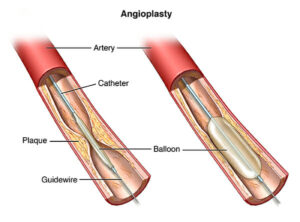
Stenting
Stenting is a procedure that is performed in combination with Angioplasty and atherectomy. Years of plaque buildup damages the artery walls. Even after cleaning the artery, the walls are often too weak to stay open. Stenting is a procedure that helps support the blood vessel walls, preventing them from closing after removing the plaque. The procedure involved placing a small mesh tube inside the artery to offer rigid support.
La Jolla Vein & Vascular offers renal artery stenting, which helps support the blood vessels that transport the blood to your kidneys. A patient with a history of arterial disease or who suffers from hypertension has a higher risk of plaque building up in the renal artery wall. Excess plaque on the renal artery tends to weaken the walls. Renal artery stenting offers firm support that ensures the blood flows unobstructed to the kidney.
“Bringing Experts Together for Unparalleled Vein and Vascular Care”
La Jolla Vein & Vascular (formerly La Jolla Vein Care) is committed to bringing experts together for unparalleled vein and vascular care.
Nisha Bunke, MD, Sarah Lucas, MD, and Elliot DeYoung, MD are specialists who combine their experience and expertise to offer world-class vascular care.
Our accredited center is also a nationally known teaching site and center of excellence.
For more information on treatments and to book a consultation, please give our office a call at 858-550-0330.
For a deeper dive into vein and vascular care, please check out our Youtube Channel at this link.
For more information on varicose veins and eliminating underlying venous insufficiency, check this link out full of resources.
Please follow our social media Instagram Profile and Tik Tok Profile for more fun videos and educational information.

